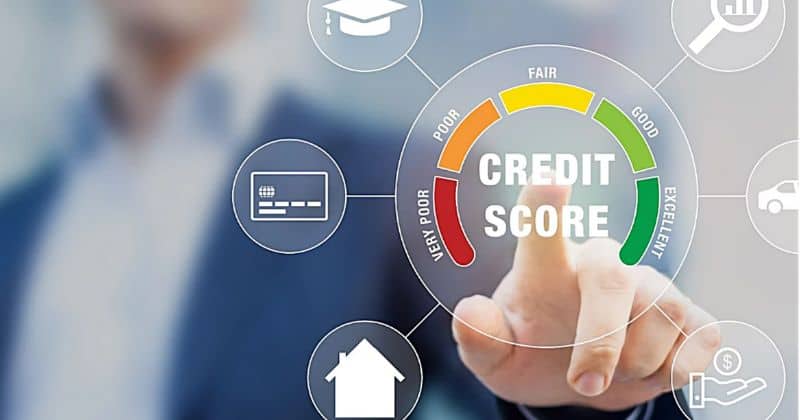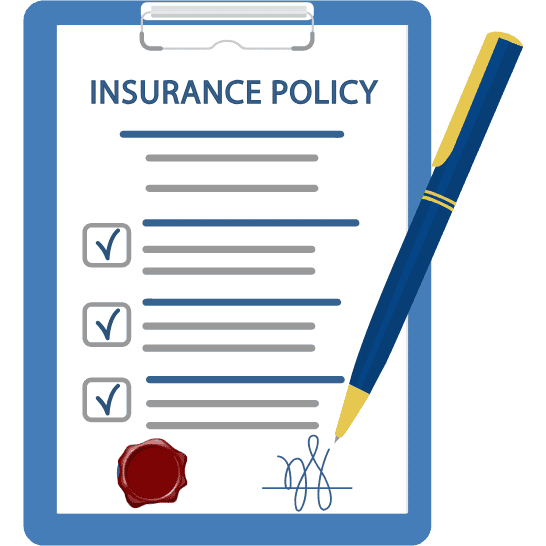How Does a Debt Consolidation Loan Affect Credit Score?

Managing multiple debts can be overwhelming, leading many individuals to seek solutions that simplify their financial obligations. One common strategy is debt consolidation, which involves taking out a single loan to pay off multiple existing debts. This approach can help streamline payments, potentially reduce interest rates, and make debt repayment more manageable. However, a crucial concern for many borrowers is how a debt consolidation loan affects their credit score. In this article, we’ll explore the impact of debt consolidation loans on credit scores, the potential benefits and drawbacks, and how a strategic approach to debt management can improve financial stability. We will also discuss how services like RupeeRelief can support individuals in navigating their debt repayment journey. A credit score is a numerical representation of an individual’s creditworthiness, typically ranging from 300 to 900. It is determined by factors such as payment history, credit utilization, length of credit history, types of credit, and new credit inquiries. Debt consolidation loans can influence these factors in both positive and negative ways, depending on how they are managed. Payment history accounts for a significant portion of your credit score. By consolidating multiple debts into a single loan, borrowers can ensure timely payments, reducing the risk of missed or late payments. Consistently making on-time payments on a debt consolidation loan can have a positive impact on credit scores over time. Credit utilization refers to the percentage of available credit a person is using. High credit card balances relative to credit limits can negatively impact credit scores. When a borrower uses a consolidation loan to pay off high-interest credit card debt, the credit utilization ratio decreases, which can boost the credit score. Credit scoring models consider the types of credit an individual has, such as revolving credit (credit cards) and installment loans (personal loans, auto loans, mortgages). If a person primarily has credit card debt, adding a debt consolidation loan, which is an installment loan, can improve their credit mix, potentially benefiting their score. Debt consolidation loans often come with lower interest rates compared to credit cards and other unsecured debts. By securing a lower interest rate, borrowers can pay off their debt more efficiently, reducing financial stress and improving their ability to maintain good credit standing. When applying for a debt consolidation loan, lenders conduct a hard inquiry (or hard pull) on the borrower’s credit report. This can cause a temporary dip in the credit score. However, the impact is usually minor and fades over time as long as new credit applications are limited. If borrowers do not change their spending habits after consolidating their debts, they may end up accumulating more debt. Some individuals, after paying off credit cards with a consolidation loan, start using their credit cards again, leading to a cycle of increased debt that can negatively impact their credit score. Length of credit history is another important factor in credit scores. If a borrower closes old credit card accounts after consolidating debt, it could shorten their average credit age, which may slightly lower their score. However, keeping older accounts open (even if not in use) can help maintain a strong credit history. If a borrower fails to make payments on a debt consolidation loan, it can severely damage their credit score. Since these loans consolidate multiple debts into one, defaulting on a single payment can have a significant negative impact. Before applying for a debt consolidation loan, compare interest rates, terms, and fees from different lenders. Ensure that the new loan provides better financial terms than your existing debts. One of the biggest mistakes people make after consolidating debt is accumulating new debt. Avoid using credit cards excessively or taking on additional loans while repaying your consolidation loan. Consistently making payments on time is crucial for improving and maintaining a good credit score. Set up automatic payments or reminders to avoid missing due dates. If possible, keep your old credit card accounts open (but unused) to maintain a longer credit history and a lower credit utilization ratio. Organizations like RupeeRelief can help borrowers understand their debt situation, explore suitable consolidation options, and create a structured repayment plan. With expert assistance, individuals can make informed financial decisions that align with their long-term goals. RupeeRelief is dedicated to assisting individuals struggling with unsecured loans and credit card debt. Their services include: A debt consolidation loan can be a valuable tool for managing debt and improving credit scores if used correctly. While there are potential downsides, such as hard inquiries and the risk of accumulating new debt, the benefits can outweigh the negatives when managed responsibly. By making timely payments, maintaining financial discipline, and seeking expert guidance from services like RupeeRelief, individuals can use debt consolidation to regain control over their finances and build a healthier credit profile.Understanding Credit Scores and Debt Consolidation
Positive Effects of a Debt Consolidation Loan on Credit Score
1. Improved Payment History
2. Reduced Credit Utilization Ratio
3. Diversification of Credit Mix
4. Lower Overall Interest Rates
Negative Effects of a Debt Consolidation Loan on Credit Score
1. Hard Inquiries on Credit Report
2. Potential for Increased Debt
3. Closing Old Accounts May Reduce Credit Age
4. Risk of Default
Best Practices for Managing a Debt Consolidation Loan
1. Choose the Right Loan
2. Avoid Accumulating New Debt
3. Make Timely Payments
4. Keep Old Accounts Open
5. Seek Professional Guidance
How RupeeRelief Can Help
Conclusion

